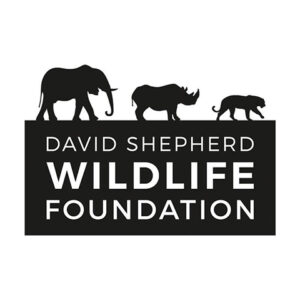Students explore advances in conservation using GPS tracking data of orphaned elephants to help increase our understanding of their movement patterns.
Project timeline
Elephants on the Move follows IRIS’ 4 phased project structure:
Prepare & launch: Teachers prepare and launch the project, using our helpful guidance documents.

Background research & skills development: With access to our support materials, students develop the knowledge and skills required to successfully complete research.

Student Research: Young scientists systematically investigate, explore, discover, analyse and establish their conclusions.

Artefact development and conference: Students produce an article, academic poster presentation or academic paper, based on their research process and/or findings with the aim of exhibiting at an IRIS conference.

This project, for UK state schools and colleges, is free and fully supported by our team. If you are a secondary, sixth form or college teacher and would like to start this project at your school, you can register to get involved.
Overview
suitability


Elephants on the Move is our newest student research project developed in partnership with the David Shepherd Wildlife Foundation and Game Rangers International.
Students investigate the movement and behaviour of orphaned elephants in Zambia’s Kafue National Park using real GPS tracking data provided by conservationists.
The elephants, rescued due to poaching and human-wildlife conflict, are rehabilitated through a decade-long process before being released into the wild.
Students analyse the data to understand daily and seasonal patterns, home ranges, and potential migration corridors. This hands-on project introduces modern conservation techniques and gives students a chance to contribute to genuine research.
It also builds awareness of habitat loss, poaching, and human-elephant conflict, linking science learning to urgent global challenges.
We collect evidence to evaluate the impact that our programmes have on schools, teachers, partners and most importantly, on young people.
Take a look at our evaluation reports.

